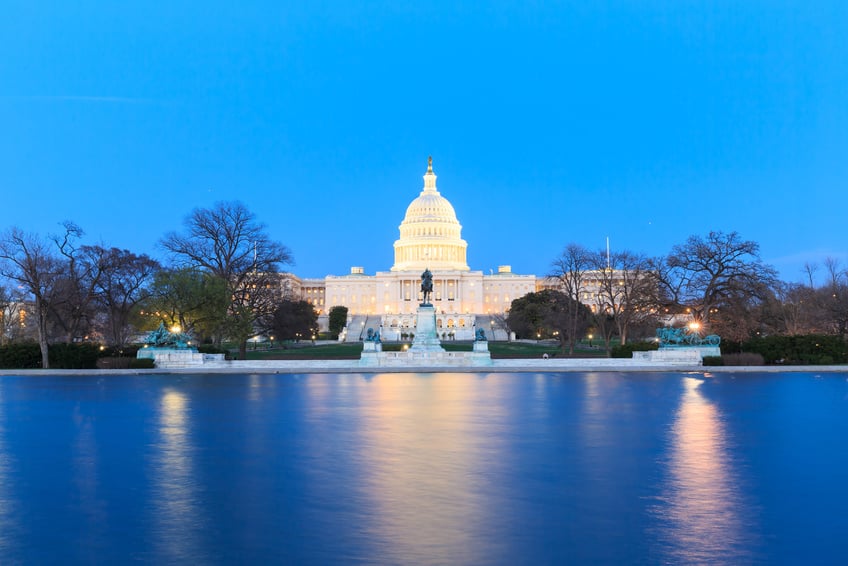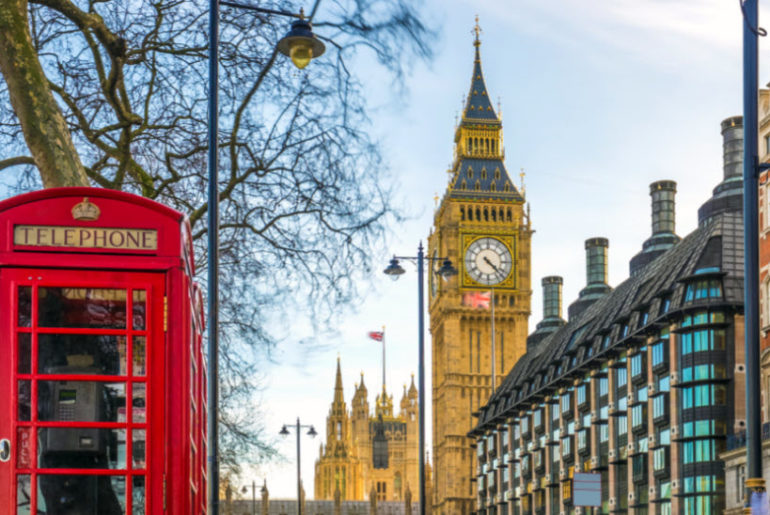Please join us for a weekly series, hosted by Baker McKenzie’s North America Government Enforcement partners Tom Firestone and Jerome Tomas.
This week’s discussion will cover the following;
• our white collar thoughts on this week’s “Economist” article on ESG
• the SEC breaks new ground in insider trading case involving crypto assets
• the DOJ remains vigilant in promoting competition in the labor markets through several recent enforcement efforts



